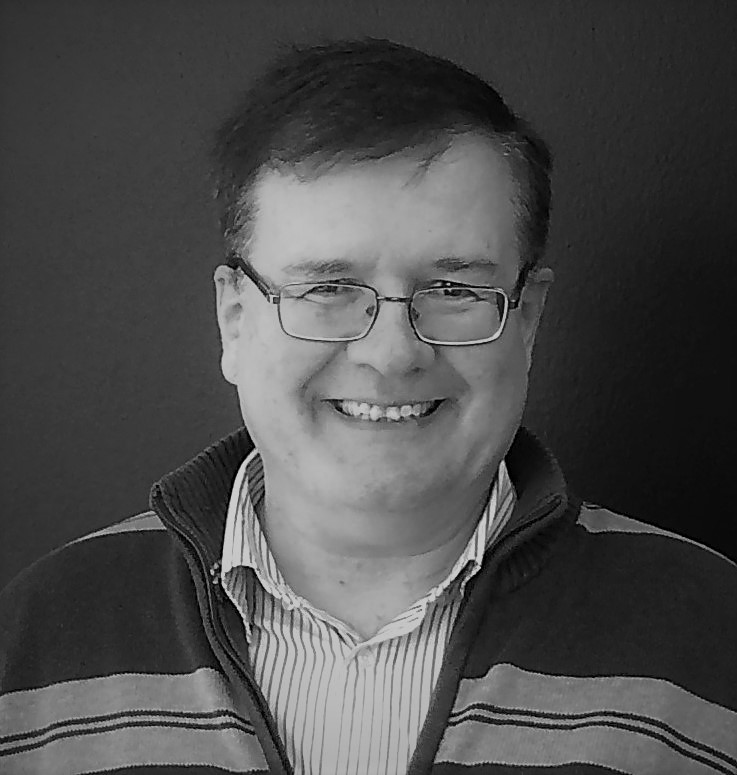Joaquim Fort (1966) graduated in Physics at the Universitat de Barcelona (1989). Master in Cosmology at Tufts University (USA, 1991) with a Fulbright fellowship. Master in Physics (1993) and PhD in Physics (1997) at the Universitat Autònoma de Barcelona. Since 1998 he has specialized in applying reaction-diffusion-interaction equations to prehistoric phenomena. Associate professor (since 1999) and full professor (since 2009) of Physics at the University of Girona. Author of over 120 research papers in scientific journals, including Proceedings of the Academy of Sciences of the U.S. (PNAS) and Physical Review Letters. He has directed large research projects on prehistoric simulation, funded by the European Commission (2006-2010) and the Spanish Consolider program (2011-2017). Double ICREA Academia Award in Humanities (2014 and 2021).
Research interests
We have performed statistical analyses of early Neolithic dates in several regions: 1. The western Mediterranean, 2. Scandinavia, 3. The spread of rice in eastern Asia, 4. Bantu expansions in eastern Africa. My theory (Fort, PNAS 21012) unifies mathematically demic diffusion (spread of farming populations) and cultural diffusion (conversion of hunter-gatherers into farmers). We have applied it and found that demic diffusion was more important than cultural diffusion in case studies 2-4 above, as well as for the LBK, ELP, PP and TRBK cultures in Europe. My theory (Fort, PNAS 21012) has made it possible to understand a genetic spatial pattern (cline) of Neolithic individuals (Isern, Fort & de Rioja, Sci. Rep. 2017). I have found a strong effect of non-isotropic dispersal on the rate of human geographical expansions (Fort, Sci. Rep. 2020). This is also important in the context of Paleolithic populations (Fort, Pujol & Cavalli-Sforza 2005).
Keywords
Neolithic transitions, demic and cultural diffusion
